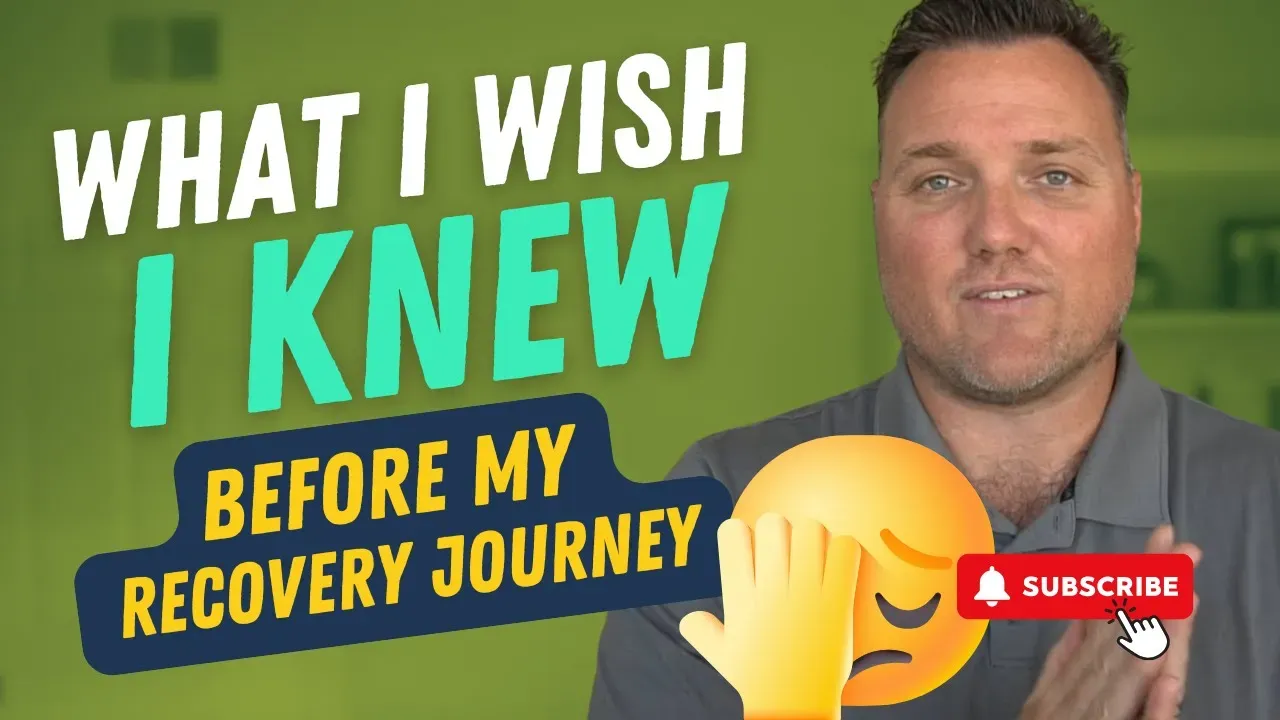What I Wish I Knew About OCD & Anxiety Before My Recovery Journey
Apr 13, 2025
Understanding OCD and Anxiety: A Journey to Recovery
Welcome to our insightful blog post on what I wish I would have known about OCD and anxiety from the very beginning. This post draws from a compelling discussion by Matt Codde, a licensed clinical social worker, as he guides us through valuable lessons learned from his journey towards recovery.
Navigating the Chaos: The Initial Stages of OCD and Anxiety
When OCD and anxiety first manifest in your life, it's a chaotic experience filled with racing thoughts and overwhelming emotions. You may struggle to stay present in your daily life, whether you're at work, school, or navigating personal relationships. This internal turmoil often leads to avoidance or attempts to distract oneself, only further complicating the journey to recovery.
Recognizing the Real Problem
As Matt explains, one of the most important realizations in managing OCD and anxiety is understanding the nature of the problem. It's not solely the intrusive thoughts or overwhelming emotions that are the issue, but rather a persistent loop that these experiences create. This loop, fueled by misguided beliefs and resistance, perpetuates compulsive behaviors and intensifies disorder in life.
Shifting the Focus: Solving the Right Problem
A significant reason many people struggle in recovery is they focus on solving the wrong problem. By trying to eliminate thoughts or feelings without understanding the underlying loop, they invest energy into ineffective solutions. Recognizing that the loop itself is the issue allows one to approach the problem from a place of empowerment, enabling more effective strategies for recovery.
Embracing Responsibility and Ownership
Matt emphasizes the importance of taking responsibility for one's recovery journey. Viewing OCD and anxiety as "just something I have" can result in a lack of ownership, hindering progress. Instead, understanding personal contributions to the loop and recontextualizing the problem provides a framework for healing.
Recovery Insights: What Matt Wishes He Had Known
Reflecting on his journey, Matt shares that understanding the loop could have significantly reduced his recovery time. By acknowledging the role of beliefs, resistance, and behaviors in perpetuating OCD and anxiety, he suggests that others could potentially avoid years of unnecessary struggle.


